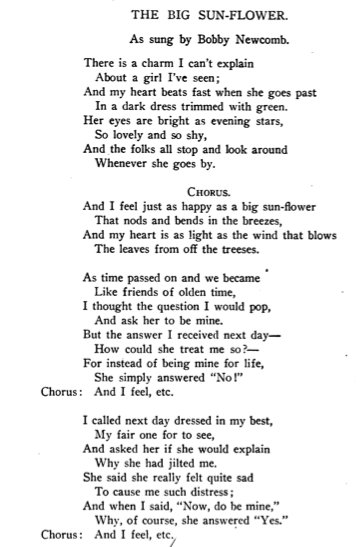Title: Performer
Birthdate: November 13, 1847
Death Date: June 1, 1888
Plot Location: Section 123, Elks Rest
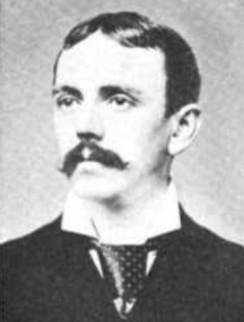
His given name was Robert Harvey Hughes but, like many entertainers, he changed it when he entered “the show business.” The earliest report of a performance by Bobby was recorded in Canada in 1856. A year later, he drew the attention of W.W. Newcomb and became a member of the newly formed Rumsey and Newcomb’s Minstrels. He traveled with the Newcomb troupe for several years, eventually adopting Newcomb as his last name.
The minstrel show, or minstrelsy, is an American theatrical form. It was popular from the early 19th century into the early 20th century, reaching it’s peak popularity between 1850 and 1870. Minstrels showcased traveling singers, dancers, musicians and comedians. Performers frequently appeared in 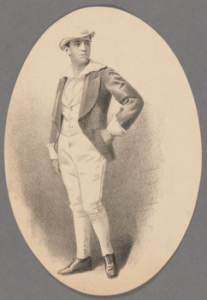 blackface and mimicked the singing and dancing of slaves.
blackface and mimicked the singing and dancing of slaves.
Bobby appeared with many of the top minstrel shows including the Christy Minstrels, Carncross and Dixey’s, and the San Francisco Minstrels. He toured throughout America appearing in many major cities such as Chicago, Philadelphia, New York, San Francisco and Pittsburgh as well as traveling to Cuba, England and Germany.
On September 28, 1867, he married Mary Blake. Together they had three daughters: Augusta, Effie and Blanche. The children were bright and talented. With coaching from their parents they also became stage performers traveling far and wide, performing sketches and farce comedies written by their father.
Bobby Newcomb stood out among other minstrel performers as a master song and dance man. He wrote and performed his own songs and dances which made him unique among his peers. He also composed and produced work for other performers. He wrote “The Big Sunflower” for Billy Emerson who at the time was known as “the prince of minstrelsy.” A contemporary of his was Stephen Foster, who is today remembered for such popular songs as “Old Folks at Home” and “Oh Susanna,” which were composed during the minstrel era.
On June 1, 1888, while traveling and performing with his family, Bobby died of tuberculosis in Tacoma, Washington Territory (which became Washington state in 1889). It was reported that his funeral was largely attended by entertainment professionals in Tacoma. His Elks Lodge in Philadelphia brought his body to “Elks Rest,” the portion of Section 123 purchased by the lodge, as explained below.
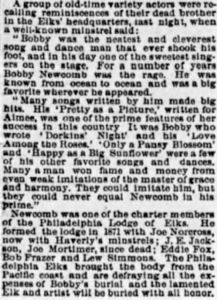
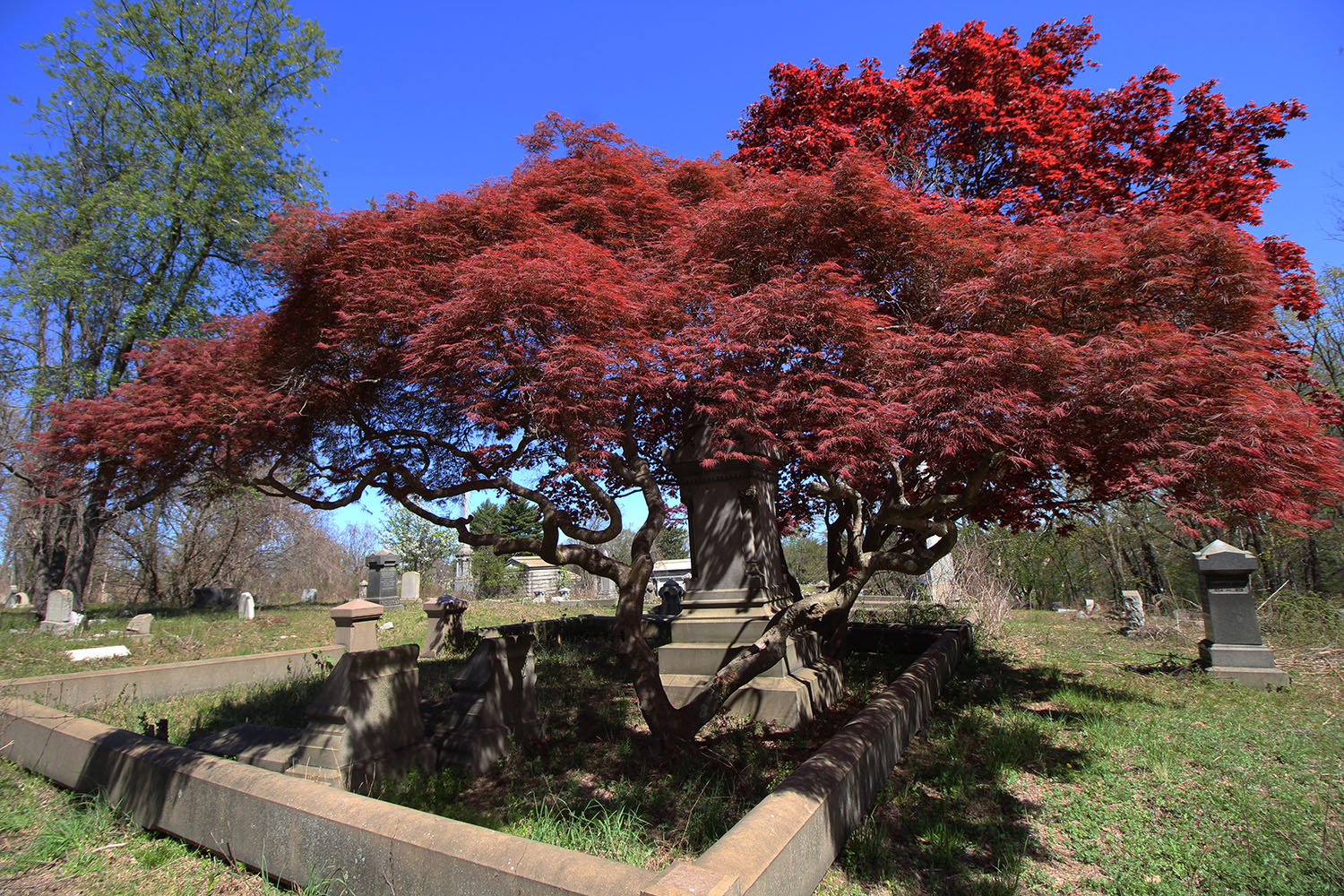
Support the Friends of Mount Moriah
Help us in our mission to restore and maintain the beautiful Mount Moriah Cemetery by donating to our cause or volunteering at one of our clean-up events.

